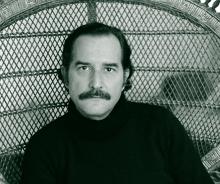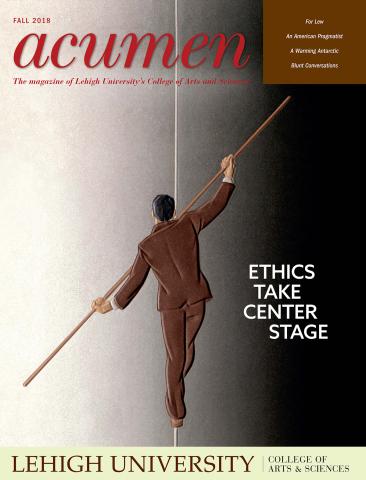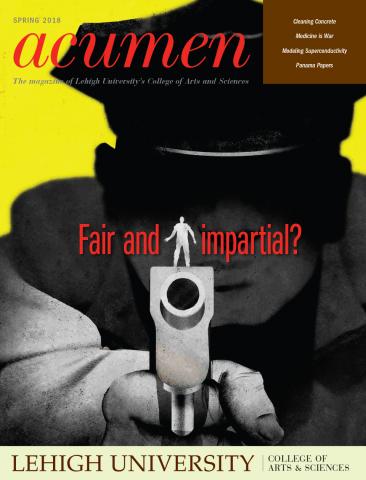
In 1920s Palestine, author Israel Zarchi was a well-known figure among the first Jewish artists and intellectuals, but his name and work is today largely unknown. Zarchi’s writings were recently discovered by historian Nitzan Lebovic and is the subject of his forthcoming book, Zionism and Melancholy: The Short Life of Israel Zarchi.
Born in Poland in 1909, Zarchi immigrated to Palestine in 1929 where he worked as a pioneer building roads and farming. During this period he wrote his first novel, Youth. Over the next 18 years, Zarchi published six novels and seven collections of stories, and translated Heinrich von Kleist, Joseph Conrad, and Janusz Korczak to Hebrew.
“He found he was too smart to just build roads, so he began writing about them. The first stories are about his life as a pioneer, about other pioneers, and the riches of Zionism in the 1920s,” says Lebovic, assistant professor of history and Helen and Allen Apter’61 Chair in Holocaust Studies and Ethical Values.
Supported by a grant from Lehigh’s Humanities Center, he spent last summer combing through archives in Israel. He discovered a personal archive that had never been opened with thousands of pages of letters and diaries, even some unpublished manuscripts. Lebovic found that Zarchi had connections to leading cultural and political figures from the Zionist movement of the 1920s and 1930s. Melancholy is a fundamental theme in Zarchi’s work, says Lebovic, which was also a central tenet of life in Palestine in the 1930s. Zionism needed to convert large groups of Jews from religious Judaism to secular Zionism and to immigrate to Palestine, to build a nation out of nothing.
“I didn’t know what to expect when I started this, but what I found was an author who conceptualized and made the relationship between the Zionist national movement and melancholy affect a theme of everything he wrote. It was different from anything I’d read from that period because he reflects the blind spots of Zionism at the time. Melancholy is the leading voice. Everything fails and when you focus on the failure instead of the victory you find the blind spots we tend to ignore.

































